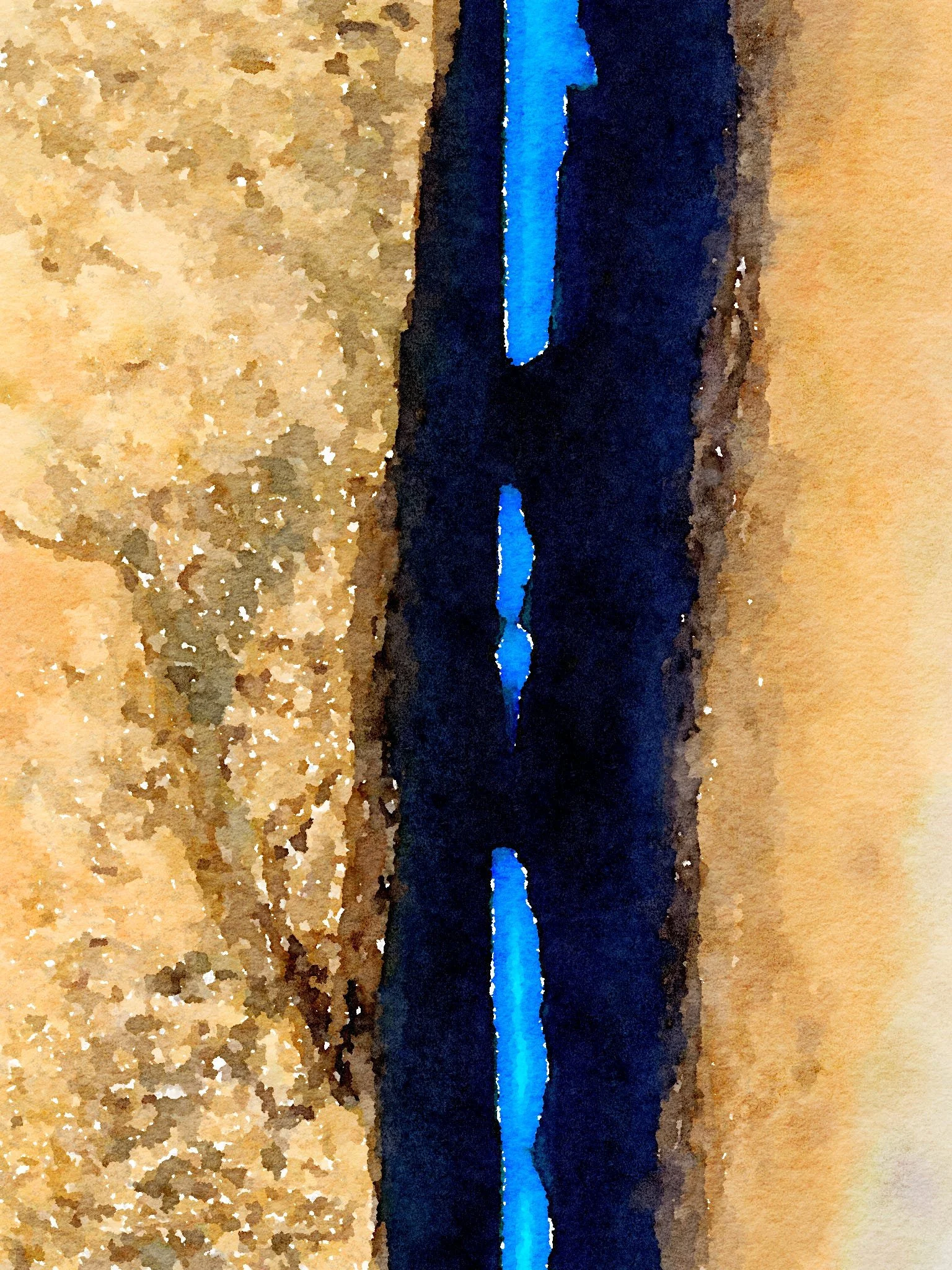When the Center Cannot Hold: After Fanon, Freire, and Yeats
When democracy itself feels touched without consent, the soul of a nation begins to tremble—and remember.
Words and Photograph by Bren Littleton
There comes a time when the air itself feels bruised. When a nation’s body tightens, flinches, and goes silent, as if the assault once done to one body has now been done to all. You can feel it in the collective chest, in the breath that will not release, in the eyes that no longer meet each other across the public square.
Fanon warned that domination never ends politely. It ends when those who were silenced rise from the debris of disbelief and say, no more. He wrote that violence is the language through which the oppressed remember they exist. Yet even he could not have imagined how the modern tyrant would drape himself in democracy’s clothes, smiling as he bulldozes the breath from a people, the soul from a nation, the consciousness from the world.
Freire taught that revolution begins not in destruction but in dialogue. The moment we name what has happened, we stop colluding. The act of speaking honestly and tremblingly breaks the spell of domination. To name reality is to reclaim it.
So what do we name this moment, when democracy itself feels touched without consent? When the law bends backward until it breaks, and those sworn to protect the innocent mock their cries for justice? When the soul of a nation wakes trembling, ashamed that it ever trusted power to be anything but hungry?
Yeats was right: the center cannot hold. Yet perhaps it is not meant to. Perhaps collapse is the body’s last defense against numbness, a necessary tearing so that what is hidden may breathe again. The breakdown is not the end; it is the body’s refusal to go on pretending.
Every assault on a woman, a people, or a planet is also an initiation. The wound says: Listen. The wound says: What you protect in silence will one day govern you in shadow. And what you dare to speak will set you free.
This is what Fanon called the hour of the human, when the colonized, the silenced, and the shamed reclaim their right to breathe. It is what Freire called conscientization, the awakening of awareness that leads to action, the return of dialogue to a world gone mute. It is what Jung would recognize as the uprising of the shadow, insisting that what was repressed must now be made conscious or it will become fate.
And so perhaps this unexpected revolution, this reckoning with the authoritarian impulse that has slipped into every system, every home, every mind, is not the end of democracy but the beginning of its second birth.
We are learning again what Fanon and Freire already knew: no one liberates anyone else, and no one liberates alone. We liberate ourselves with one another, in the courage to speak what we once hid, in the willingness to stay present to the trembling center that cannot hold, and therefore must open.
Because love, though wounded, refuses to die. And every time we speak the truth of what has been violated, the soul of the world takes another breath.
Words and Photograph by Bren Littleton
Tin Flea Press, c. 2025

